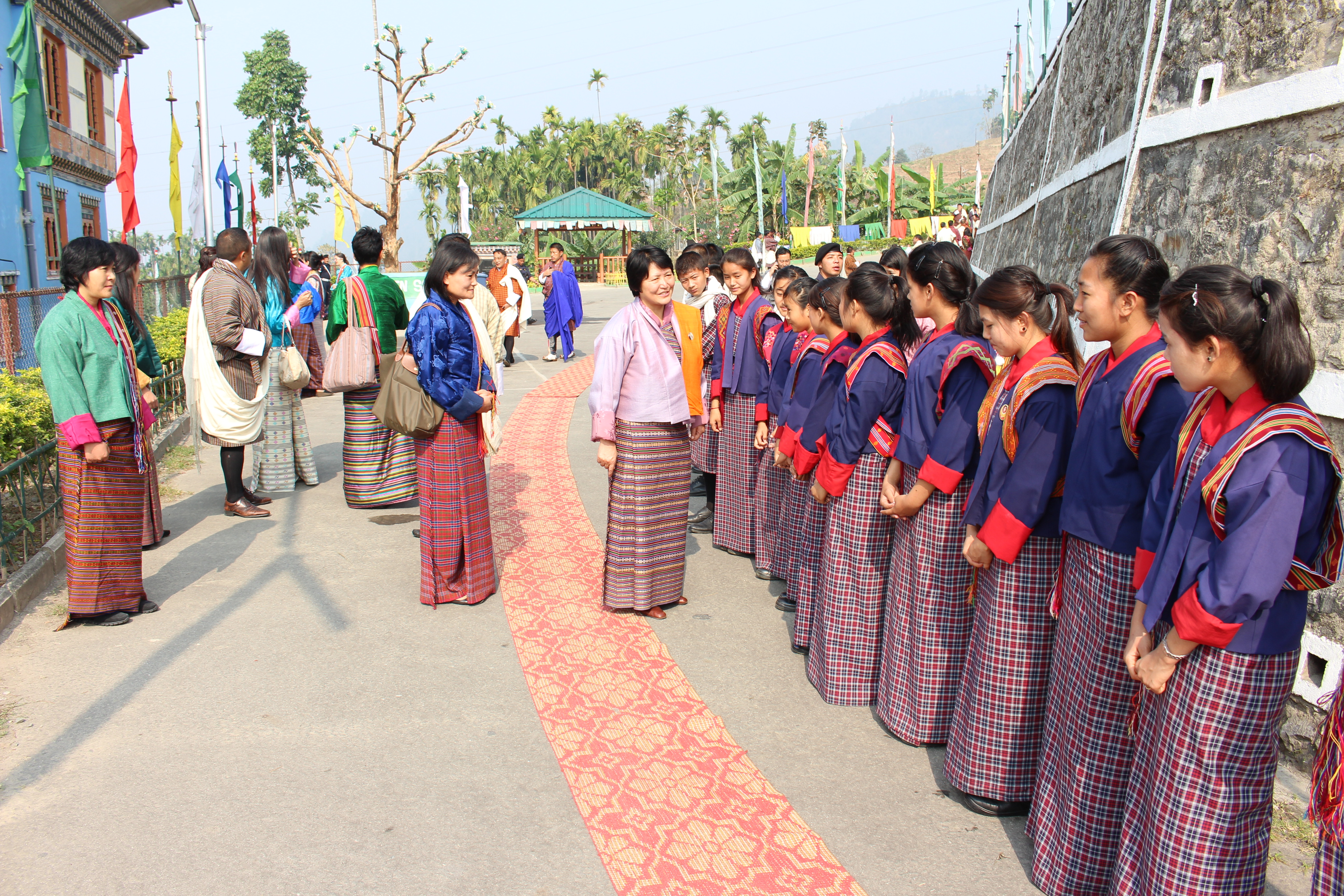Despite more than a century passing since the suffrage movement granted women the right to participate in the electoral process, it is disheartening to observe that women in many countries still experience secondary treatment in politics, society, and the economy. Though several advancements have been made to give women equitable opportunities, there is still a long way to go to achieve fairness in women’s electoral participation.
In this context, examining Bhutan’s relatively nascent democracy, I argue that a comprehensive top-down and bottom-up policy solution can pave the way forward in advancing Bhutan’s attempt to give women equal opportunities.
Bhutan’s Electoral Structure
In 2008, following Bhutan’s transition into a Democratic Constitutional Monarchy, they enacted the constitution, which serves as the fundamental framework for the country. The constitution guarantees gender equality in voting andcandidacy. Although the country saw its first female district governor and ministers in 2012 and 2013, the 2023 National Council elections, resulted in only 1 woman being elected to the 25-member chamber of Parliament. This woman represents a population of over 360,000 women in the country! The fact that only nine women registered to contest the elections further highlights the concerning lack of representation, particularly when women constitute a mere 5% at the highest political offices. Various factors contribute to this disparity, including insufficient engagement and leadership training for women, cultural, religious as well as political obstacles.
Insufficient engagement and leadership training for women
Traditionally, Bhutan is a matrilineal society with women perceived as the ‘nangi – aum‘ (lady of the house). In this society, inheritance flows through the female lineage, and women hold significant control in land ownership. However, critics argue that this influence has not fully translated into roles beyond domestic affairs and there continues to be a prevalent notion that leadership roles should primarily be reserved for men.
Cultural and religious obstacles
While leadership roles are often associated with strength of character and decisive capabilities, in Bhutan cultural and religious beliefs reinforce the idea that women lack the mental and physical abilities typically attributed to men. As a result, women have traditionally engaged in family chores, household decisions, and farming activities. These prevailing practices and beliefs significantly impede women from accessing equal opportunities in the political sphere.
Given the lack of agency in the political sphere, initiatives such as the Bhutan Network of Empowering Women (BNEW) have emerged in the recent past, which seek to empower women to exert their influence beyond domestic affairs and into politics. A testament to BNEW’s success is Karma Dema, who is one of the seven female leaders elected in the third local government election in 2021. However, the barriers to women’s electoral participation go beyond traditional norms.
Political Obstacles
The constitutional monarchy in Bhutan is established with the monarch acting as the head of state. The Dhamngoi Zomdu– a contentious election selection process, comprises influential members of society from various sectors, including the executive and judiciary. This body is responsible for choosing eligible candidates for election participation. In 2023, only five women were successfully selected, compared to 84 men.
Acknowledging the potential selection discrimination, policy changes to eliminate gender inequality in the 2018 constitutional amendment prioritise granting more power to the King. This allows the King to nominate five additional candidates, thereby aiming to address gender disparities in candidate selection.
Addressing the Gap; Dual Force Strategy
Overcoming the significant challenges women face in entering and thriving in Bhutan’s political system, requires a comprehensive strategy rather than scattered policy adjustments.
While notable efforts like the Bhutan Network of Empowering Women have been made to address the issue; it is not enough. This is where I propose a dual-force strategy. A dual force strategy aims to create change from both top-down process that involves efforts by the government and bottom-up process which takes the form of civil movements that advocate for change. In the case of Bhutan, while the Bhutan Network of Empowering Women work to create a change in people’s mindset regarding women’s political participation at the local level, it should be complimented with the efforts taken by the government at the central level.
Since the key hurdle for the government is the lack of female nominations, it can be addressed by revising the guidelines of Dhamngoi Zomdu, to ensure better representation of women. Additionally, introducing short-term quotas for women at higher levels of government, complemented by capacity-building programs led by women at the local levels, can also be implemented. Drawing inspiration from India’s ‘Anganwadi workers’ model, which empowers women to act as working citizens and nurturers within households, Bhutan can also establish a similar structure.
Conclusion
By incorporating the dual force strategy, engaging civil society and decision-making entities, I argue that Bhutan can effectively tackle discrimination and political complexity while advancing towards gender parity and aligning with the millennium development goals. These efforts will not only contribute to Bhutan’s policy of “gross happiness index,” but also enhance the overall well-being and capabilities of its population, in line with UN’s development objectives.


